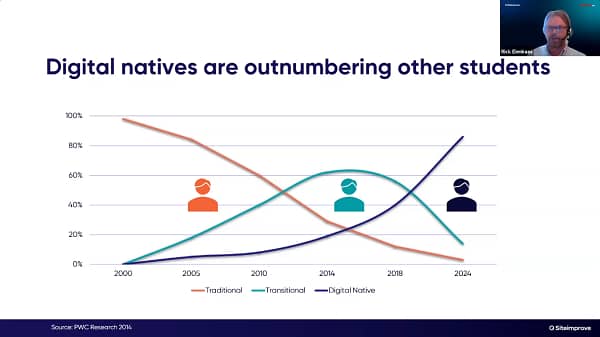Digital ad fraud encompasses any activity that deliberately impedes the delivery of ads to an intended audience. Most commonly, fraudsters use bots or domain spoofing to falsely represent online advertisement impressions, clicks, and conversions. These techniques are continually evolving – most fraudsters can now effectively mimic human behavior, making it easy for them to avoid detection.
Pleasingly, overall global ad fraud declined slightly in 2020, according to Integral Ad Science’s most recent Media Quality Report. Unfortunately, the report also noted that countries in the APAC region continue to have some of the world’s worst ad fraud rates. For instance, Japan and Australia were the only countries worldwide that saw significant increases in ad fraud last year. For marketers, ad fraud remains a continuing bugbear, leading them to waste valuable digital advertising budget and miss important opportunities to connect with target audiences. So, what can they do to protect themselves?
Fighting ad fraud with online data collection platforms
The only way for brands to effectively fight fraud is to closely monitor their ads for any signs of suspicious activity. To do this, they need a way of viewing the internet from the perspective of their target audience, to basically see the internet through the eyes of their own consumers. Enter ethically sourced residential IP proxy networks. These networks enable marketers to openly surf the internet with complete transparency. In fact, they are already being used by thousands of global brands, including in the e-commerce, travel and financial services sectors – and, of course, by marketing agencies, too.
Every digital ad campaign is built around demographic targeting that is based on an individual’s online behavior. By using online points that match their target audience, marketers can test their ads and verify that they are being deployed correctly, rather than fraudulently.
But why can’t marketers simply use their own IP addresses to monitor ads? Regrettably, smart fraudsters can easily spot and identify non-consumer IP addresses originating from brands or data centers. When they know they are being monitored, they will quickly respond by showing brands false information, all the while covering their tracks, so they can continue their malicious activities undetected.
Gaining insight into the competition
In addition to employing residential IP proxy networks in the fight against fraudsters, there are two important ways in which marketers are harnessing this tool to gain unfiltered tactical insights. Firstly, using residential IP addresses to split user sessions allows marketers to accurately see all the ads that are competing for their specific target audience’s attention. This enables them to make smarter decisions when it comes to campaign planning.
Secondly, in many sectors, marketers who monitor the activities of competitor brands are now obliged to use residential IP proxy networks to see an accurate or realistic picture. This is because it’s becoming increasingly commonplace for brands to identify when they are being viewed by a possible competitor and to consequently serve them decoy content. This happens even though the web-information being viewed is publicly available and can be freely accessed by any other consumer around the world. This can have serious implications for marketing teams if, for instance, they are fed incorrect information about a competitor’s upcoming product launch, promotion, or other activation.
Globally, the use of digital advertising by brands is continuing to skyrocket, spurred on by consumer lifestyle changes caused by the COVID-19 pandemic. According to market intelligence provider Beroe Inc., global spend on digital marketing reached US$330-US$340b in 2020 – an annual growth rate of almost 13%. In this environment, revenue generation opportunities for ad fraudsters will only increase, so they won’t be disappearing anytime soon. As such, brands have no option but to take advantage of all technology at their disposal in the fight against ad fraud. Currently, leveraging residential IP proxy networks is by far the most effective tool to stop ad fraud at its core. Doing so will enable marketers to maximize their budgets by ensuring that their ads are seen by the right people, in the right places, and at the right times.
















